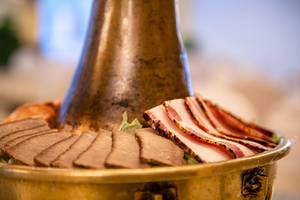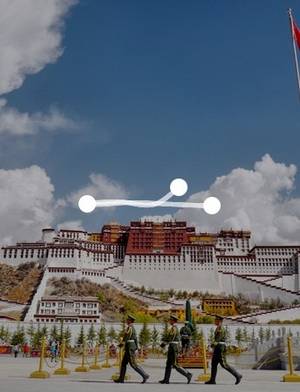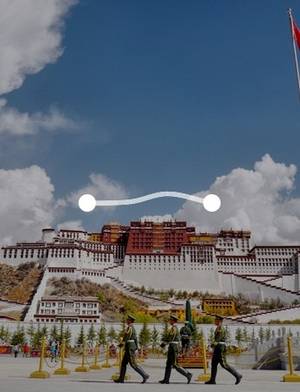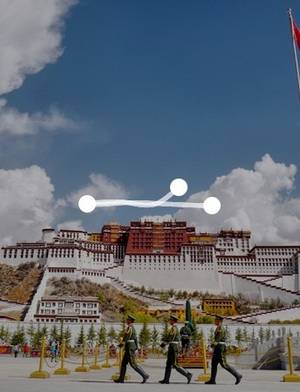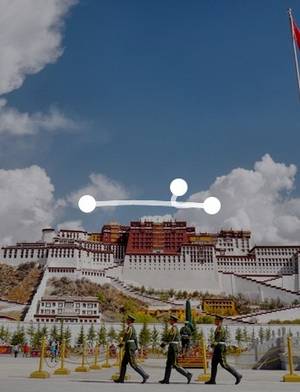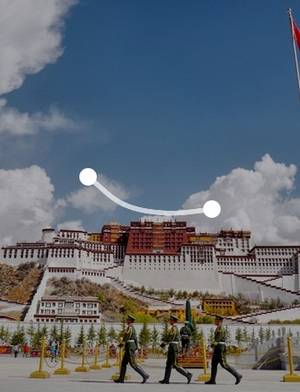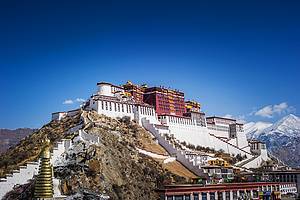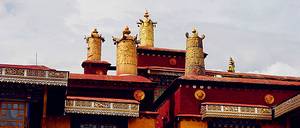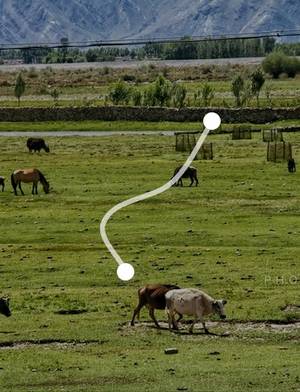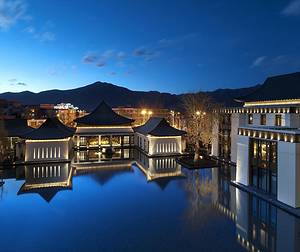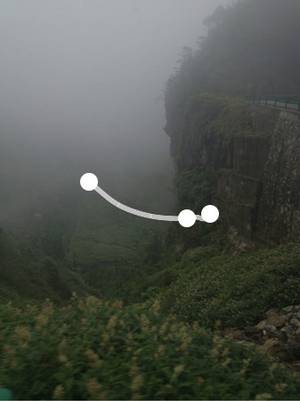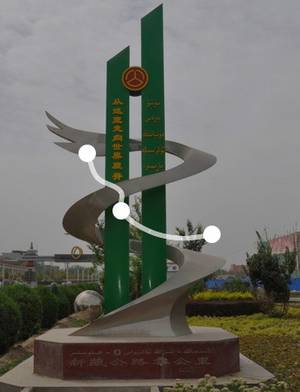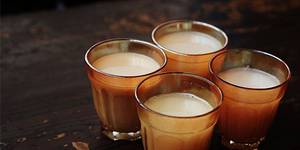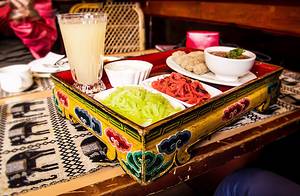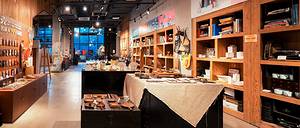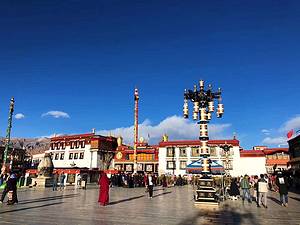Parra Manor, A Glimpse into the Opulence and Servitude of Old Tibet
Bajuelunbu Village, Jiangre Township, Jiangzi County, Shigatse City, Tibet Autonomous Region
4
Introduction
Pajue Lacon, also known as Para Manor, was one of the nobles of the feudal serf society in Tibet, belonging to the Deben family. The family owned thirty-seven manors, more than 14,000 livestock, twelve pastures, and over 30,000 mu of land in Jiangzi, Bailang, Kongma, Shannan, and Lhasa, ruling over more than 3,000 serfs. The main manor was Banjulongbu Manor, which had more than a hundred serfs. The manor was grand and tall, with a total of 82 houses and a total area of 5,357.5 square meters, equipped with a scripture hall, a reception room, bedrooms, and a hall specially designed for playing mahjong, extremely luxurious. The servants of the manor lived in Langsheng Courtyard, with extremely low annual incomes, some of them only eating a spoonful of tsampa a day. The Langsheng people living in Banjulongbu Manor were also absolutely controlled by the manor owner, lacking personal rights, education, and cultural power, living at the bottom of society. Under the rule of the feudal serfdom system with the integration of politics and religion, the productivity of the vast number of serfs was extremely low and their living conditions were very difficult, and Langsheng people were even more unfortunate, being seen as tools that could speak and their descendants could not obtain freedom. Address Bajuelunbu Village, Jiangre Township, Jiangzi County, Shigatse City, Tibet Autonomous Region
Opening hours 09:00-18:00 (full day)
last entry time: 18:00 (Monday-Sunday, January 1st-December 31st).
 The manors of the feudal aristocracy in Tibet's serfdom society
The manors of the feudal aristocracy in Tibet's serfdom society

